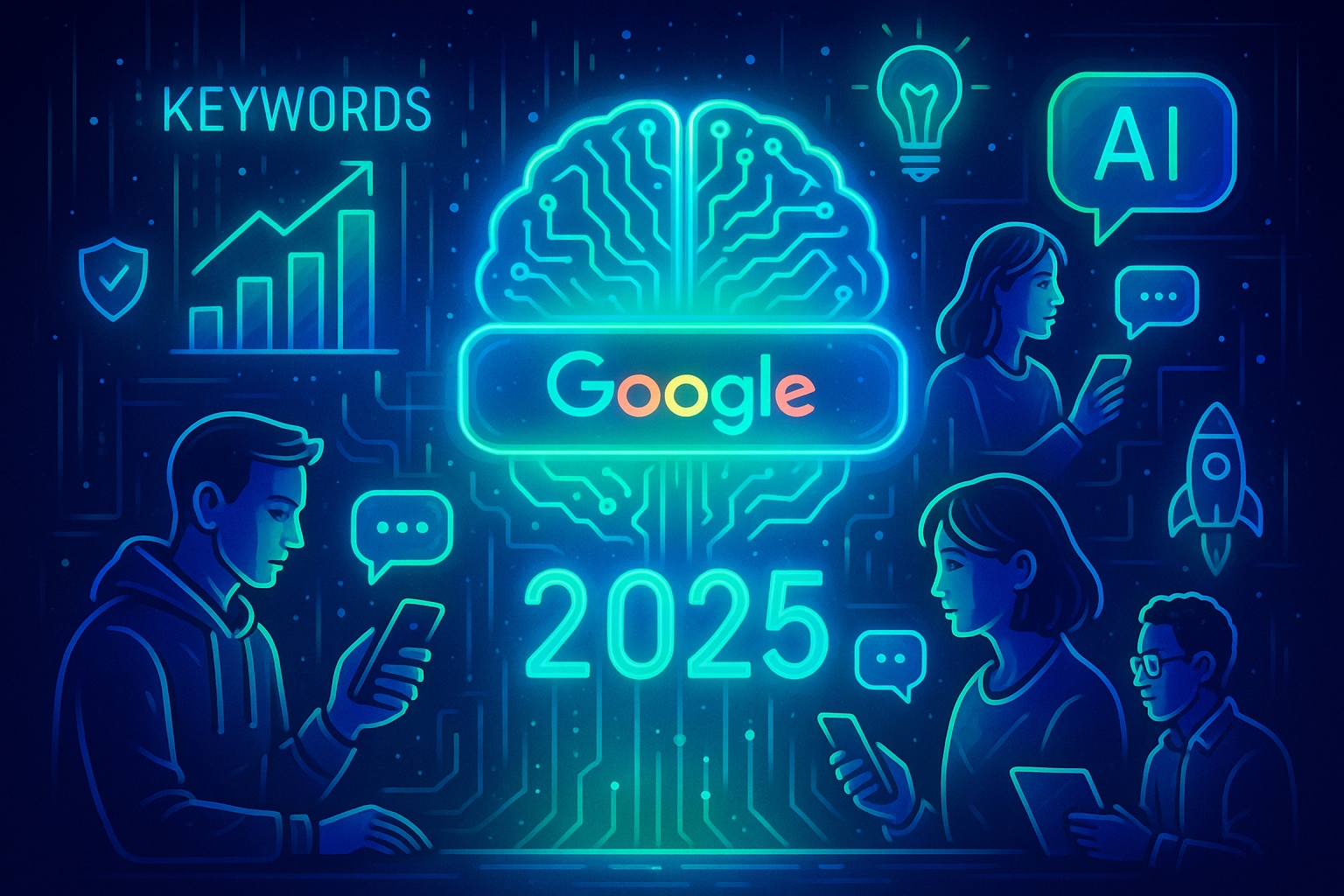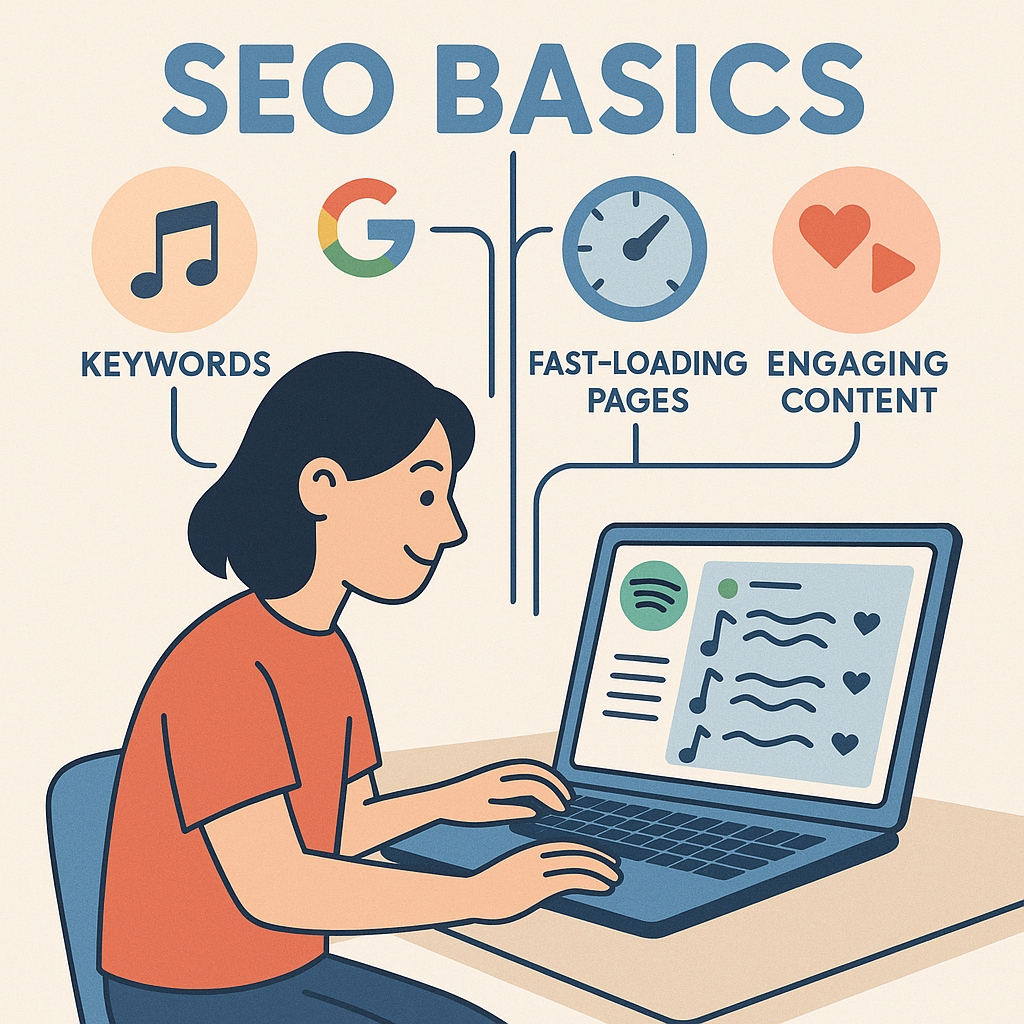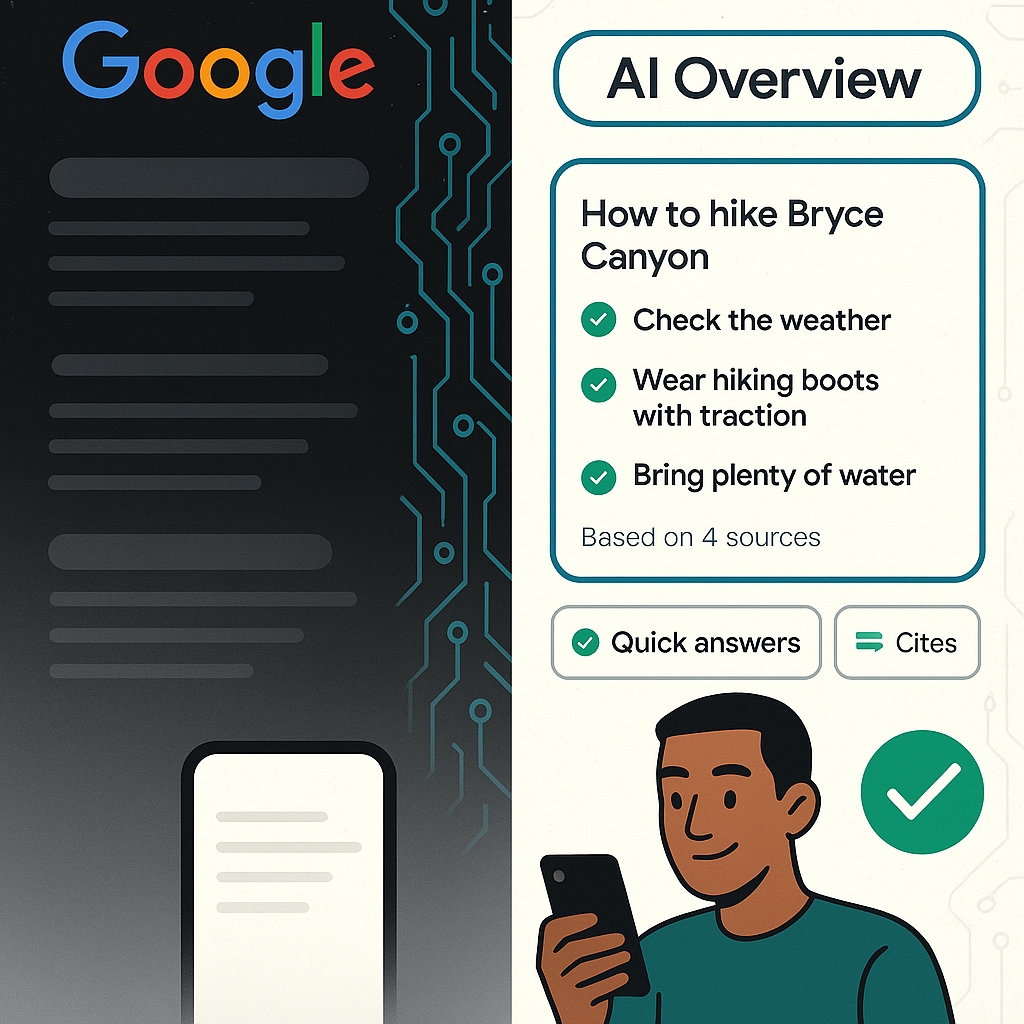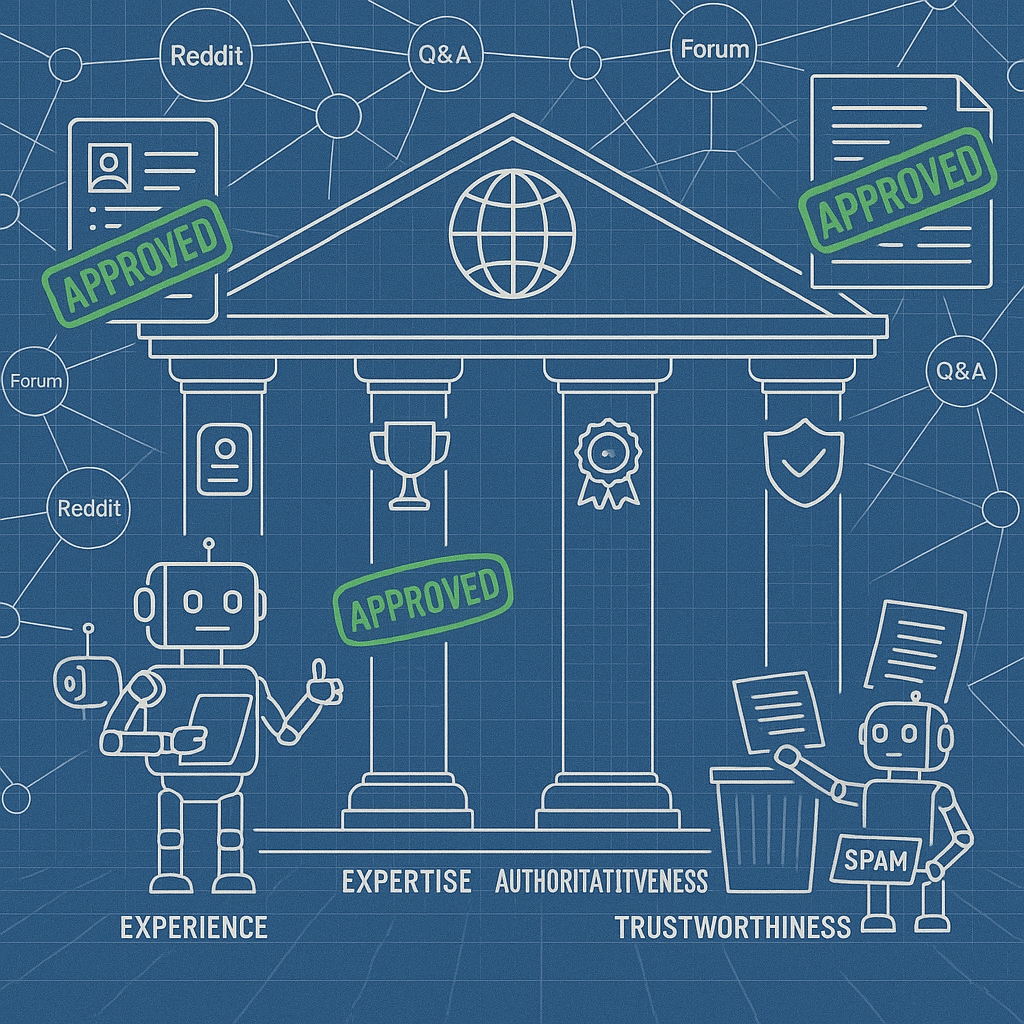SEO in 2025: Key Changes and Strategies for Success
Discover the major shifts in SEO for 2025, from AI Overviews to zero-click searches. Expert insights from Khawar Latif on adapting to the new search landscape.

Table of Contents
- Introduction
- Understanding SEO Basics
- Major Shifts in SEO for 2025
- How to Optimize SEO in 2025
- Final Thoughts on SEO in 2025
Introduction
I'm Khawar Latif, with 13 years of experience in SEO. Search Engine Optimization, or SEO, is about helping websites rank higher in search results—like making sure your favorite video game walkthrough pops up first when you search. In 2025, SEO has evolved significantly, especially with AI advancements such as Google's AI Overviews delivering quick answers directly on search pages. This shift means fewer traditional clicks to websites in some cases, but it also opens new opportunities to stand out. Drawing from the latest research and trends, I'll share what's changed, why it matters, and how to adapt—explained simply, like chatting about tech strategies with a friend who already understands the basics.
Understanding SEO Basics
Think of SEO as optimizing your online presence so search engines like Google can easily connect users with your content. It's like curating a Spotify playlist: you want it to match what listeners are searching for, load quickly, and keep them engaged. When I started, SEO focused mainly on keywords and links. Today, with AI in the mix, it's more about delivering genuine value and understanding user needs.

Major Shifts in SEO for 2025
Recent studies and expert insights highlight several key changes shaping SEO this year. AI isn't just a tool anymore—it's transforming how searches function.
1. AI Overviews Take Center Stage
Google's AI Overviews now appear in many searches, summarizing information from multiple sources without requiring clicks. Imagine searching "how to build a PC" and receiving a detailed step-by-step guide pulled from top sites right on the results page. This has increased zero-click searches, potentially reducing website traffic by 20-30% for informational queries. Still, being cited in these overviews boosts visibility and trust.

2. Rise of Zero-Click and Conversational Searches
More searches end without clicks as AI delivers direct answers. Users also phrase queries naturally, like chatting with a friend: "What's the best budget smartphone for gaming?" This trend ties into the growth of alternative engines like ChatGPT Search and Perplexity, which are capturing some market share from Google. AI-powered searches are expected to handle more complex, multi-step questions by year-end.
3. Focus on Trust and Expertise (E-E-A-T)
Google favors content from authentic experts, rewarding sites that demonstrate Experience, Expertise, Authoritativeness, and Trustworthiness. This is especially important as AI-generated low-quality content floods the web. Platforms like Reddit have seen huge traffic increases—up over 40%—due to authentic discussions. Core algorithm updates in 2025 penalize spammy sites, emphasizing genuine, helpful content.

4. Multi-Modal and Personalized Search
Searches now include voice commands, images, and videos. AI personalizes results based on user behavior, making results feel tailored. SEO now involves optimizing for visuals, audio, and fast mobile experiences.
5. AI Tools Reshape SEO Workflows
Over 80% of SEO professionals use AI for tasks like keyword research and content drafting, but the key is blending AI with human creativity to avoid "AI-only" content detection. While AI improves efficiency, it can reduce uniqueness if not applied thoughtfully.
These changes are driven by AI making searches faster and more intuitive but challenge traditional traffic models. Studies show some sites lose clicks, yet those adapting gain in branded searches and conversions.
How to Optimize SEO in 2025
Adapting is straightforward—focus on quality and user needs. Here's a practical guide, like upgrading your game strategy with new rules.
1. Match Search Intent
Understand why users search: learning, buying, or comparing? Use tools like Semrush or Google's suggestions to identify intent, then create content that fits—like detailed guides for "how-to" queries. Getting intent wrong can hurt rankings.
2. Create High-Quality, Unique Content
Produce helpful, original content with firsthand insights or data. For AI Overviews, use clear formatting—bullet points, tables, headings—to make information easy to extract. Use AI for drafts but edit to add personality—86% of experts do this to stand out. Add structured data (schema markup) to help search engines understand your pages.
3. Improve Site Experience and Speed
Ensure your site loads quickly and works well on mobile devices—Google's Core Web Vitals measure this. Include engaging images or videos to keep visitors longer, signaling quality to algorithms.
4. Build Authority Beyond Your Site
Earn features on trusted platforms; authoritative backlinks remain crucial. Strengthen your brand through social media, forums, and PR—AI favors well-known entities. For local SEO, keep Google Business profiles updated.
5. Target AI-Specific Opportunities
Optimize for long-tail, conversational keywords favored by AI. Monitor how your content appears in AI results and adjust accordingly—tools like Google Search Console help track this. Diversify presence across search engines by creating content easy to cite in AI chats.
From my experience, start by auditing one page: check intent, add structure, and test. Consistency over time brings results.
Final Thoughts on SEO in 2025
AI has made SEO more dynamic, presenting challenges like fewer clicks but opening doors to deeper engagement and new search formats. Prioritizing trust, quality, and user focus will help you thrive. After 13 years in SEO, I've seen strategies evolve, and this year rewards those who adapt wisely. Think of building your site or content as creating value that even AI wants to highlight.
Khawar Latif is an SEO Specialist at RankO with 13+ years helping UAE firms. Connect on LinkedIn or visit ranko.ae for more.